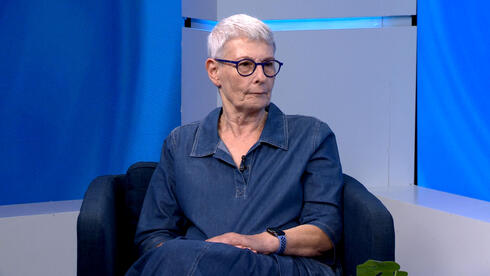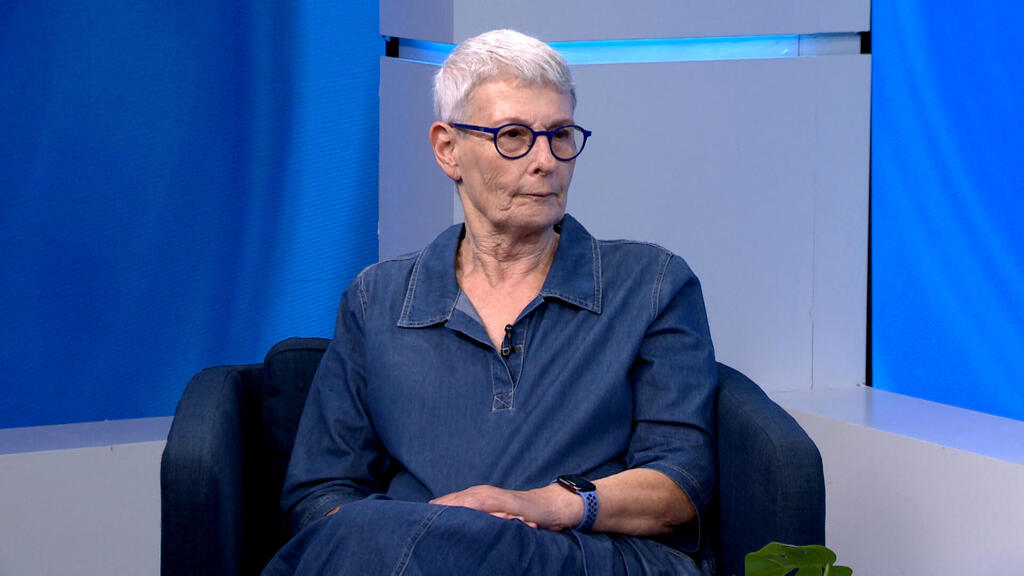
"The crisis will cause investors to be more careful"
Dr. Orna Berry, a leader in the high-tech and science industries, was speaking as part of the Hi-Tech Effect series
Dr. Orna Berry, the former chief scientist and director of Google Cloud globally recently received the The Freedom of the City of Be'er Sheva award. In a conversation with Diana Bahur-Nir as part of the the Hi-Tech Effect series of Calcalist and Mobileye, Berry commented on the establishment of Gev Yam Negev, the advanced industries park in Be'er Sheva. "The university, the municipality, the government and our team at EMC, later DEL EMC, joined the project, and this is what allowed Gev Yam Negev to get a line of credit from banks and build the park."
Berry confirmed that the existence of a large development center contributes significantly to the local economy: "Ben Gurion University and Sami Shamoon College are the second largest source of engineers in Israel. Before we came we asked who was willing to stay in Be'er Sheva after college and 40% replied that if there was suitable employment they would stay. It was an important basis for us to begin the project."
"I recall the bursting of the high-tech bubble in 2000 and the great mortgage crisis in 2008. My son-in-law, who is an entrepreneur in the quantum field, shared what happened in a field that three years ago had few investments, especially in software: in three years there is $200 million in investments, 350 employees and 25% growth in universities," said Berry. "For many years we have been hearing about the volatility in the semiconductor market, and here came a new field that will probably occupy a significant place, these are the things that happen in knowledge-intensive industries."
When asked about the impact of the crisis, Berry replied that "it will cause investors to be more careful, remove excess, cause uncomfortable feelings, but these feelings are important. There are huge shifts in the market and radical changes, and there are new skills that people need."















